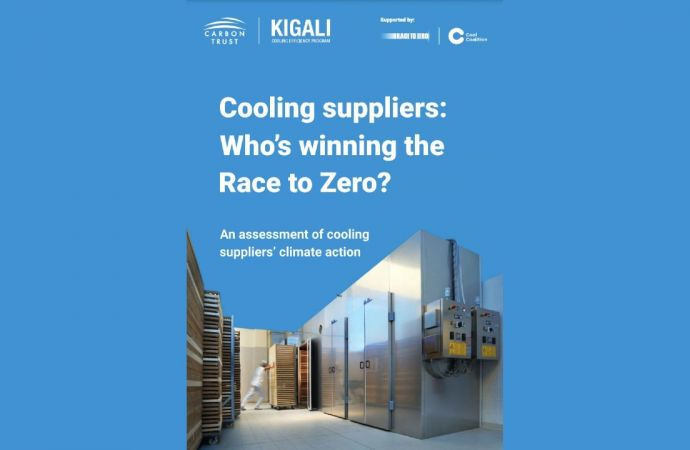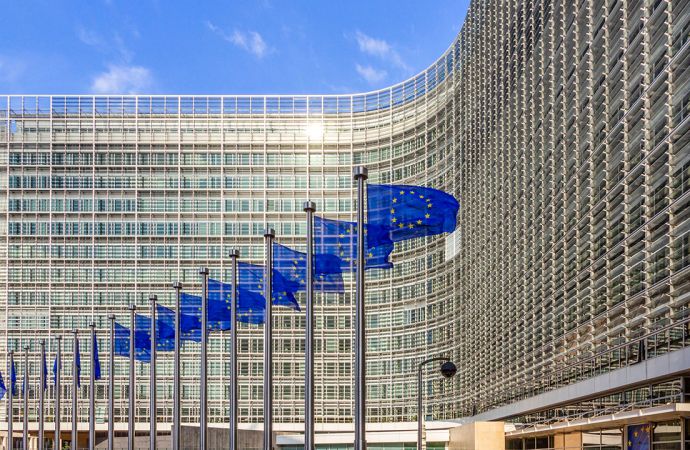‘Advanced Cooling’, launched last weekend at the Clean Energy Ministerial in San Francisco, challenges governments and businesses to develop and use efficient, smart, affordable and climate-friendly cooling technologies.

The Clean Energy Ministerial (CEM) is made up of energy ministers from 80% of global greenhouse gas emitting countries and 90% of global clean energy investing countries, along with key partners such as the UN Environment Programme (UNEP) and the Institute for Governance and Sustainable Development.
Last weekend the ministers launched the ‘Advanced Cooling (AC) Challenge’ at their 7th meeting in San Francisco, California (4-5 June). The new initiative’s founding members include the United States, India, China, Canada and Saudi Arabia, who have committed to implementing policies to stimulate demand for energy-efficient cooling products.
The aim is to improve air conditioning technology efficiencies by 30% and by so doing to reduce emissions by up to 25 billion metric tons of CO2 over the equipment’s lifetime, thereby reducing peak electricity demand by as much as 340-790 GW (the equivalent of 1,550 coal-fired power plants).
The CEM said the goal of the AC Challenge was to push governments and industry to research and develop “super-efficient", natural refrigerants-based air conditioning appliances and other cooling equipment at low prices. It will also install climate friendly and efficient cooling equipment and contribute to a “global advanced cooling database that contains financial and technical data from the world’s fastest-growing markets and top-performing models”.
Speaking at the CEM, David Friedman, Acting US Assistant Secretary for Energy Efficiency and Renewable Energy, said: "Our programmes are driving greater use of cost-effective, energy-efficient air conditioning and refrigeration equipment today through appliance and equipment standards, and by developing next-generation solutions that ‘leapfrog’ existing technologies and result in dramatically improved efficiency with near-zero GWP [global warming potential] cooling fluids.”
Many companies have already signed up to the AC Challenge, such as Ingersoll Rand, Danfoss and San Francisco International Airport. Danfoss pledged to speed up the adoption of natural refrigerant technologies by deploying ejector technology that can make CO2 more efficient in warmer climates and by investing in a $5 million Application Development Centre to allow OEMs to test their products and come up with more efficient ways of doing things.
NGOs like the Children’s Investment Fund Foundation, the ClimateWorks, the Natural Resources Defence Council, and the United Nations Environment Programme, are also involved in the AC Programme.
Related stories



